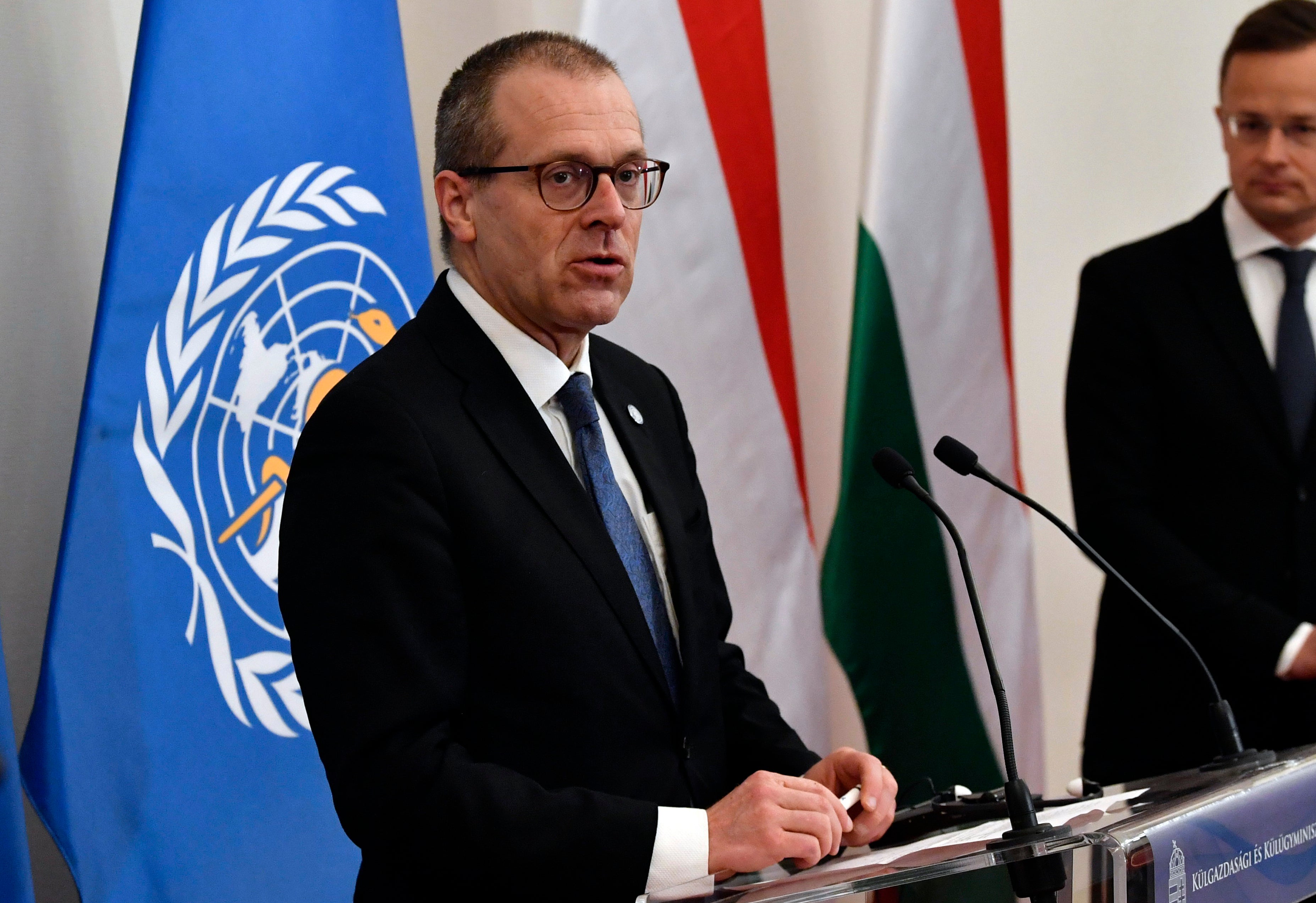WHO Europe laments declining rates of condom use among sexually active teens worldwide
The World Health Organization’s office for Europe is decrying a decline in condom use by adolescents in recent years

Your support helps us to tell the story
From reproductive rights to climate change to Big Tech, The Independent is on the ground when the story is developing. Whether it's investigating the financials of Elon Musk's pro-Trump PAC or producing our latest documentary, 'The A Word', which shines a light on the American women fighting for reproductive rights, we know how important it is to parse out the facts from the messaging.
At such a critical moment in US history, we need reporters on the ground. Your donation allows us to keep sending journalists to speak to both sides of the story.
The Independent is trusted by Americans across the entire political spectrum. And unlike many other quality news outlets, we choose not to lock Americans out of our reporting and analysis with paywalls. We believe quality journalism should be available to everyone, paid for by those who can afford it.
Your support makes all the difference.The World Health Organization's office for Europe on Thursday decried a decline in condom use by adolescents in recent years, warning of risks of infection and unplanned pregnancies in countries from Canada to central Asia.
The findings come in the latest report by WHO Europe on health behavior in school-age children and were drawn from surveys of nearly a quarter-million 15-year-olds across 42 countries between 2014 and 2022.
“While results varied widely across the countries and regions, the most important observed trend since the (health behavior in school-age children survey) in 2014 is of declines in some countries and regions in condom use among sexually active 15-year-olds," said Dr. Hans Kluge, WHO Europe regional director, in a preface to the report.
He said the results, which also examined use of the contraceptive pill, were “dismaying” but “not surprising,” in light of neglected sexuality education in many countries. WHO and the authors urged decision-makers to do more to improve it.
In the countries where “age-appropriate" sexuality education is available, “it has increasingly come under attack in recent years on the false premise that it encourages sexual behavior,” Kluge added.
Among the sexually active teens surveyed, the percentage of boys who said they had used a condom in their last sexual intercourse dropped to 61% in 2022, from 70% in 2014. Among girl respondents, the figure dropped to 57% from 63% over the same span.
Overall, the proportion of teens who reported having intercourse remained “relatively stable” since 2014 — with one in five 15-year-old boys and 15% of girls of the same age reporting having had sex. The figure for boys was down slightly from 2018, when one in four reported having had intercourse.
Among other findings, teens from poorer, or “low-affluence," families, were more likely to have reported not using a condom — one in three compared to one in four among teens from wealthier backgrounds, Copenhagen, Denmark-based WHO Europe said.
Condom use among girls was lowest in Albania (24%) and highest in Serbia (81%), the report found. For boys, the lowest rate of use turned up in Sweden (43%), while the highest rate was in Switzerland (77%).